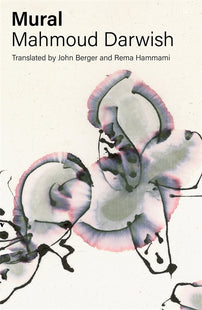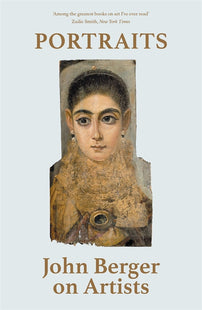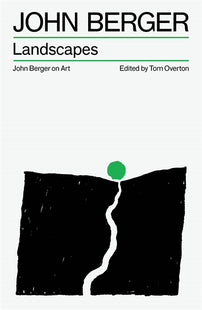John Berger: A Wonderful Artist and Thinker
Books from the revolutionary artist, writer, and critic, including new editions of his seminal works.

“John Berger teaches us how to think, how to feel, how to stare at things until we see what we thought wasn’t there. But above all, he teaches us how to love in the face of adversity. He is a master.” — Arundhati Roy, author of The God of Small Things
John Berger (1926-2017) was one of the most internationally influential writers of the last fifty years. We are proud to be reissuing his classic works including a tribute to the potential of political art, an investigation of the fate of migrant workers, and a story of love and resistance.
New Editions of Classic Works:
[book-strip index="1" style="buy"]
Further Reading:
[book-strip index="2" style="buy"]











